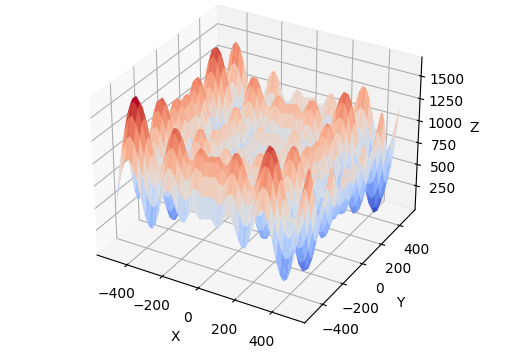State-of-the-art multi-agent reinforcement learning has achieved remarkable success in recent years. The success has been mainly based on the assumption that all teammates perfectly cooperate to optimize a global objective in order to achieve a common goal. While this may be true in the ideal case, these approaches could fail in practice, since in multi-agent systems (MAS), all agents may be a potential source of failure. In this paper, we focus on resilience in cooperative MAS and propose an Antagonist-Ratio Training Scheme (ARTS) by reformulating the original target MAS as a mixed cooperative-competitive game between a group of protagonists which represent agents of the target MAS and a group of antagonists which represent failures in the MAS. While the protagonists can learn robust policies to ensure resilience against failures, the antagonists can learn malicious behavior to provide an adequate test suite for other MAS. We empirically evaluate ARTS in a cyber physical production domain and show the effectiveness of ARTS w.r.t. resilience and testing capabilities.
@inproceedings{ gaborQSE20,
author = "Thomas Gabor and Leo Sünkel and Fabian Ritz and Thomy Phan and Lenz Belzner and Christoph Roch and Sebastian Feld and Claudia Linnhoff-Popien",
title = "The Holy Grail of Quantum Artificial Intelligence: Major Challenges in Accelerating the Machine Learning Pipeline",
year = "2020",
abstract = "State-of-the-art multi-agent reinforcement learning has achieved remarkable success in recent years. The success has been mainly based on the assumption that all teammates perfectly cooperate to optimize a global objective in order to achieve a common goal. While this may be true in the ideal case, these approaches could fail in practice, since in multi-agent systems (MAS), all agents may be a potential source of failure. In this paper, we focus on resilience in cooperative MAS and propose an Antagonist-Ratio Training Scheme (ARTS) by reformulating the original target MAS as a mixed cooperative-competitive game between a group of protagonists which represent agents of the target MAS and a group of antagonists which represent failures in the MAS. While the protagonists can learn robust policies to ensure resilience against failures, the antagonists can learn malicious behavior to provide an adequate test suite for other MAS. We empirically evaluate ARTS in a cyber physical production domain and show the effectiveness of ARTS w.r.t. resilience and testing capabilities.",
url = "https://dl.acm.org/doi/abs/10.1145/3387940.3391469",
eprint = "https://thomyphan.github.io/files/2020-qse-preprint.pdf",
location = "Virtual Event, Republic of Korea",
publisher = "Association for Computing Machinery",
booktitle = "Proceedings of the IEEE/ACM 42nd International Conference on Software Engineering Workshops",
pages = "456--461",
keywords = "artificial intelligence, software engineering, quantum computing",
doi = "https://doi.org/10.1145/3387940.3391469"
}
Related Articles
Relevant Research Areas

